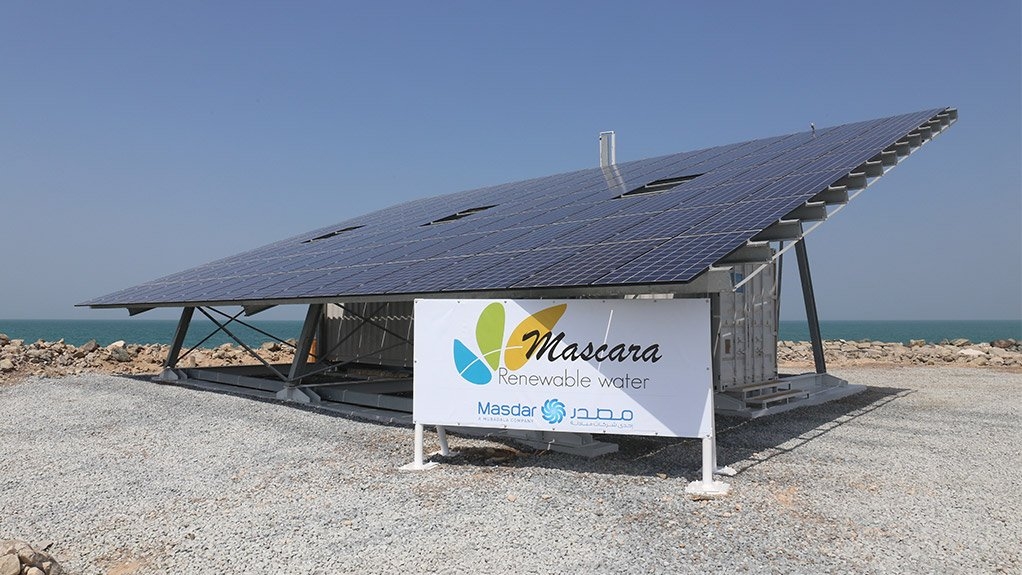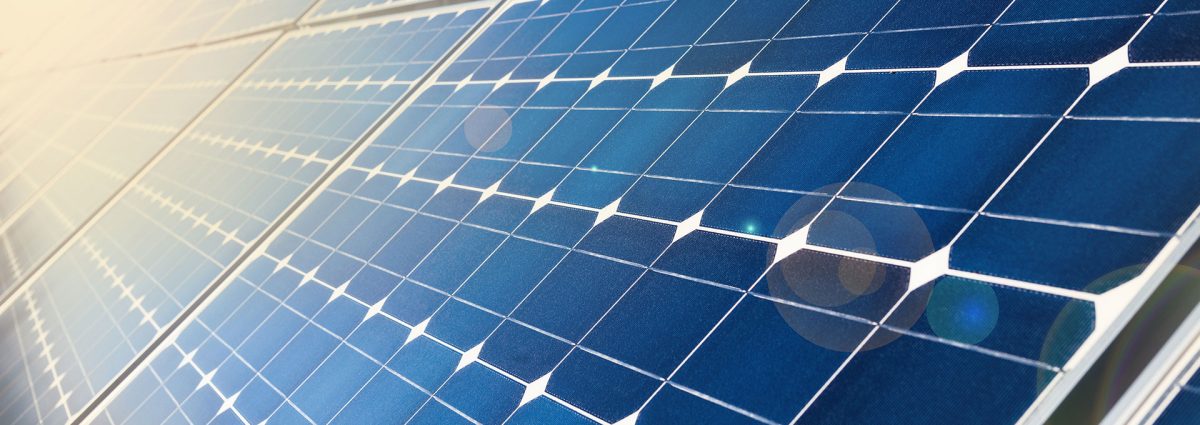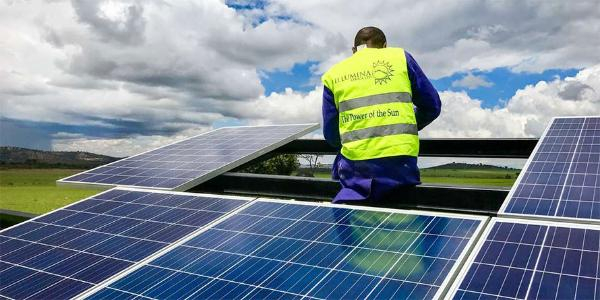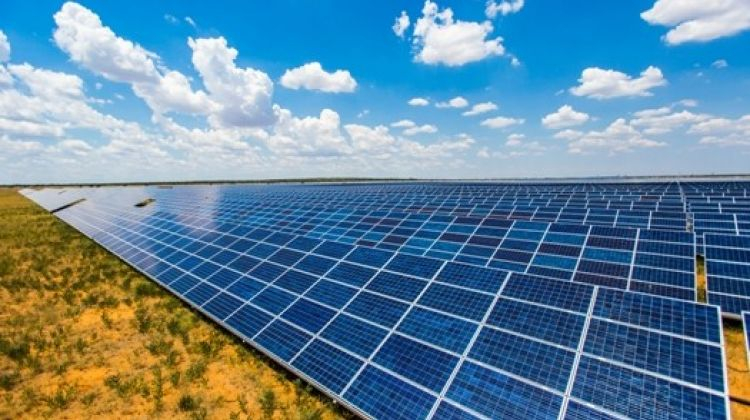

The first highly cost-effective solar-powered desalination plant in South Africa will be commissioned by the end of October at Witsand, in the Hessequa municipality, in the Western Cape.
The plant will produce 100 kl/d of fresh water to meet the water requirement of the struggling Witsand village. The plant is also connected to the electricity grid to ensure water supply when the sun is not shining.
The plant uses OSMOSUN technology, developed by French company Mascara Renewable Water and brought to South Africa by its local partner Turnkey Water Solutions (TWS), and is the world’s first reverse osmosis desalination technology coupled with photo-voltaic solar energy without batteries, designed to supply coastal or borehole-dependent communities with drinking water at a competitive price and without carbon dioxide emissions.
TWS CEO and founder Patrice Boyer says an intelligent system of membranes enables the plant to cope with variations in solar power availability – all parameters are instantly optimised to ensure the best energy performance and guarantee the maximum lifetime of both installation and membranes.
Sewerage and grey water are also recycled on site, which can then be used for irrigation.
This project, valued at about R9-million, is the first of four in the South African pipeline and is co-funded by the Western Cape government through the drought relief fund, as well as by the French Treasury, through a fund dedicated to the implementation of innovative green technologies.
“The municipality is using innovative ideas in combating the effects of climate change, by establishing public – private partnerships and joint ventures,” Hessequa executive mayor Grant Riddles commented.
Meanwhile, Mascara will be commissioning a similar plant on Rodrigues island, the sister island of Mauritius, next week.
Boyer said: “We need to look at sizable and sustainable solutions for coastal communities, which are still suffering from a structural water deficit, even outside of drought periods. This project allows us to produce drinkable water for these communities.”
One plant has the capacity to provide 60 permanent jobs to a community of about 250 households, which Boyer says is an “enormous benefit”. “South Africa has a 2 500 km coastline, and there is not a single village or community on this coastline that doesn’t experience water deficits. The modularity and the scalability of the plant make it the perfect sustainable solution for them.”
“The future of desalination is solar, and this project will be the demonstration of it.”
More news
- PART 2: CONCRETE IN THE DESIGN OF A UNIQUE LUXURY HOME IN GEORGE, SOUTH AFRICA
- PART 1: CONCRETE IN THE DESIGN OF A UNIQUE LUXURY HOME IN GEORGE, SOUTH AFRICA
- MVULE GARDENS, AFRICA’S LARGEST 3D-PRINTED AFFORDABLE HOUSING PROJECT
- PART 3: HARNESSING THE POTENTIAL OF HIGH SULPHUR FLY ASH IN CONCRETE PRODUCTION
- PART 2: HARNESSING THE POTENTIAL OF HIGH SULPHUR FLY ASH IN CONCRETE PRODUCTION





